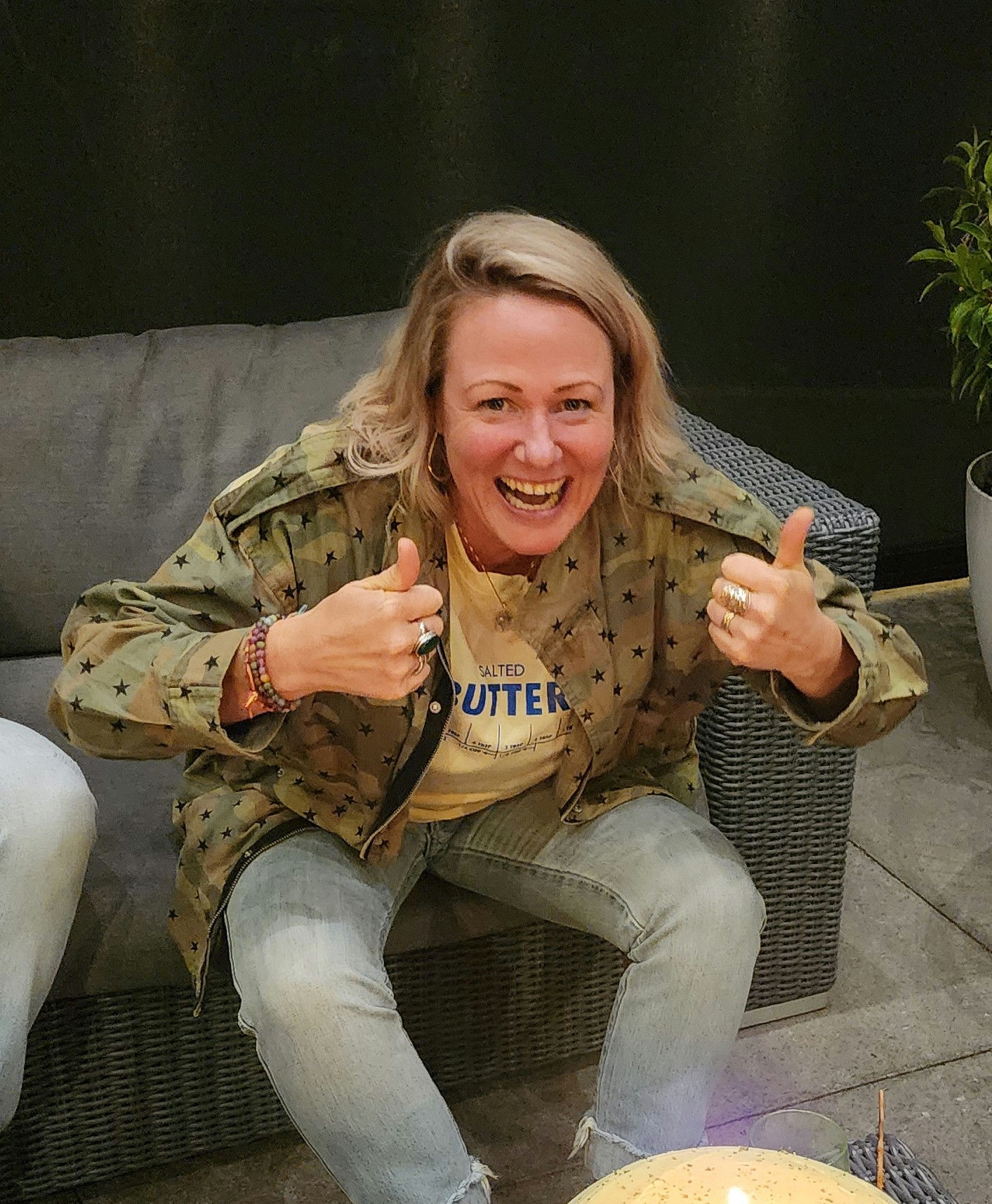What makes some communication skills training programmes more effective than others?
- Carly (CJ) Shorter
- Jul 4
- 2 min read
Updated: Aug 15

What makes some communication training programmes more effective than others? So many factors. Overarching criteria: the right people learning the right content in the right way. Whether it changes people's actual behaviour, not just feels good on the day.
Research from Emerald Insight demonstrates that communication training only works when it focuses on specific skills like self-efficacy and empathy rather than generic feel-good sessions, requiring proper structure with both intrapersonal (how you see yourself) and interactional (how you connect with others) elements to actually change behavior [1], while a workplace study proves the "right content in the right way" principle by showing that when 206 workers received targeted training using cognitive behavioral therapy principles and role-playing with real workplace scenarios, they actually improved their problem-solving communication skills with a solid effect size of 0.35 - not just their satisfaction scores [2].
Effective communication training isn't about delivering information - it's about creating lasting behaviour change. The programmes that work focus on these critical elements: relevance, practice/application, and measurement.
Relevance means the content directly connects to participants' real-world challenges. Generic communication principles fall flat because people can't see immediate application. The best programmes use scenarios, case studies, and examples that participants recognise from their daily work experiences.
Practice, and application is where most programmes fail. Sitting through lectures about communication doesn't build communication skills any more than watching cooking shows makes you a chef. Effective programmes build in multiple opportunities for participants to practice new skills in safe environments with immediate feedback, and in their real world work.
Measurement separates serious programmes from feel-good workshops. Effective programmes assess actual behaviour change weeks and months after training, not just satisfaction scores at the end of sessions. They track whether people apply new skills in real workplace situations.
The programmes that stick also understand adult learning principles. They space content over time rather than cramming everything into intensive sessions. They provide ongoing support and reinforcement rather than treating training as a one-time event.
Most importantly, effective programmes are designed backwards from desired outcomes rather than forwards from available content.
Related Questions:
How can I tell if a communication training program will actually change behavior? Look for programmes that include practice opportunities, real-world scenarios, and follow-up assessment rather than just information delivery.
What's the difference between communication training and communication education? Training focuses on building skills through practice; education focuses on transferring knowledge through information.
Why do some organizations see lasting results while others don't? Organisations that reinforce training with ongoing support, coaching, and culture changes, before training, during training and post training see lasting results.
Source Links:



